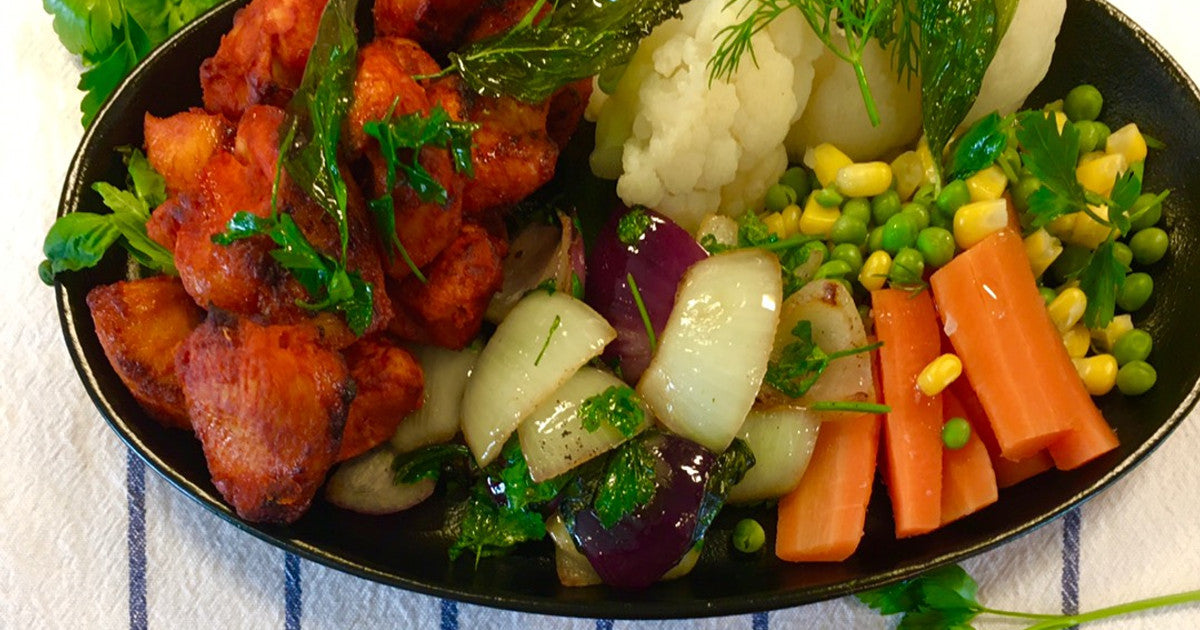If you've ever experienced the baking stone smoke problem while preparing a crisp artisan pizza or perfectly baked bread, you're not alone. This issue can easily ruin the atmosphere in your kitchen and compromise the quality of your culinary creations. Let's delve into the reasons behind the smoke problem and discover how kitchen professionals can tackle this situation effectively.

Understanding the Smoke Issue
The baking stone smoke problem often arises due to excess flour, food particles, or grease that accumulates on the stone during cooking. As these residues heat up, they can burn and produce smoke. This smoke not only makes your kitchen environment uncomfortable but can also impart unwanted flavors onto your baked goods. Understanding the root cause of this smoke can be the first step to addressing and preventing it.
Common Causes of Smoking Stones
A few culprits contribute to a smoking baking stone: excessive flour, food debris, and oil. As flour and food particles fall onto the stone, they can get trapped in its porous surface, and when these particles burn, they produce smoke. Avoiding large amounts of flour and ensuring food is properly contained can help reduce smoke. Additionally, using any kind of oil on the stone can result in residue build-up, which in turn leads to smoking.
Prevention Techniques
For kitchen professionals aiming to prevent the smoke issue, consider these techniques: clean your stone regularly to prevent residue build-up, use parchment paper to protect it from food spillage, and avoid over-flouring your dough. Baking stones, such as those discussed in this guide on cooling safely, require gentle handling and regular cleaning to maintain effectiveness.
Solutions to Smoking Stones
Should the smoke problem arise, there are immediate steps to reduce its impact. One immediate fix is to use a fan or open windows to ventilate the area. However, a more lasting solution involves proper cleaning and maintenance of the baking stone. Scraping off burnt residue after each use, as mentioned on the Culina Cooks blog, is vital. Some experts recommend heating the stone to its maximum temperature occasionally to burn off residues. This process, similar to a self-cleaning oven cycle, can help manage the baking stone smoke problem effectively.
The Importance of Quality Stone
Investing in a high-quality baking stone is crucial for serious kitchen professionals. Different materials, such as ceramic, cordierite, or cast iron, have unique thermal properties. For example, enameled cast iron stones require different care compared to traditional ceramics. Understanding these differences can ensure you purchase the right stone and maintain it properly.
Professional Insights
According to many professional chefs, regular maintenance and understanding the materials of your baking stone can avoid the smoke issue. It's not just about technique but also educating yourself on the equipment. In this resource from Chef's Resource, there's great advice on maximizing the use of a baking stone, which can indirectly help mitigate problems such as smoking.
FAQ Section
Here are some frequently asked questions about the baking stone smoke problem:
-
Why does my baking stone produce smoke?
The most common cause for smoke is burnt food debris or residue left on the stone. Clean your stone after each use to prevent this. -
How can I prevent my baking stone from smoking?
Avoid excessive flour and food spills on the stone. Use parchment paper and ensure your stone is properly cleaned and maintained. -
What type of stone is best to reduce smoke?
Cordierite stones are resilient to high temperatures and may produce less smoke when cleaned and maintained properly.
This article contains affiliate links. We may earn a commission at no extra cost to you.





Leave a comment
This site is protected by hCaptcha and the hCaptcha Privacy Policy and Terms of Service apply.